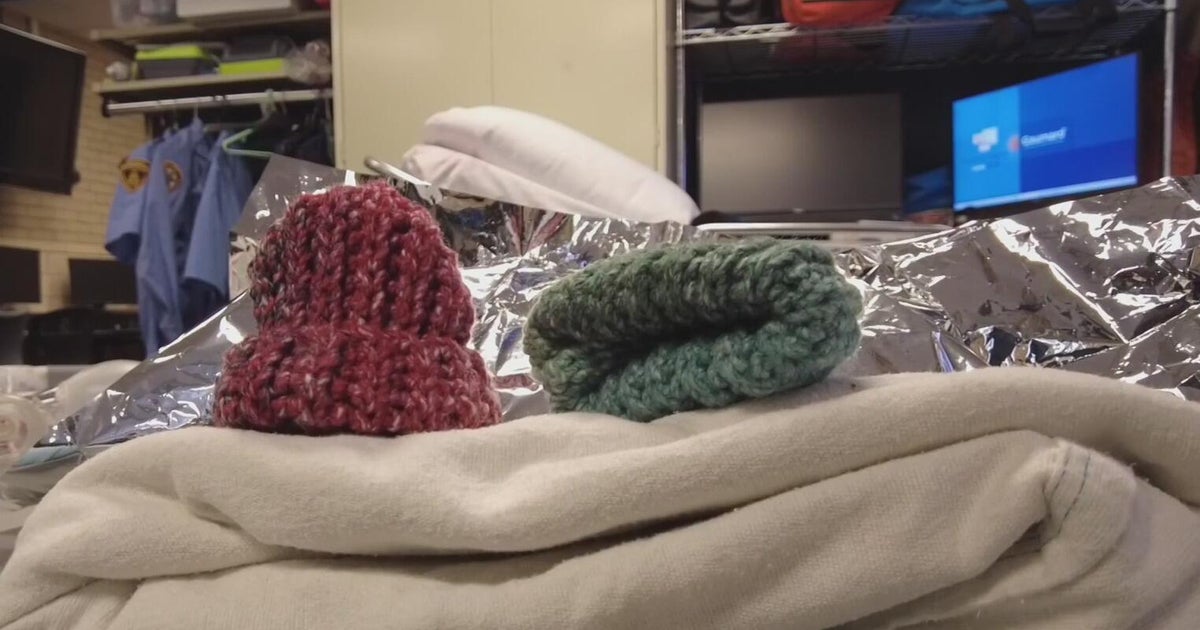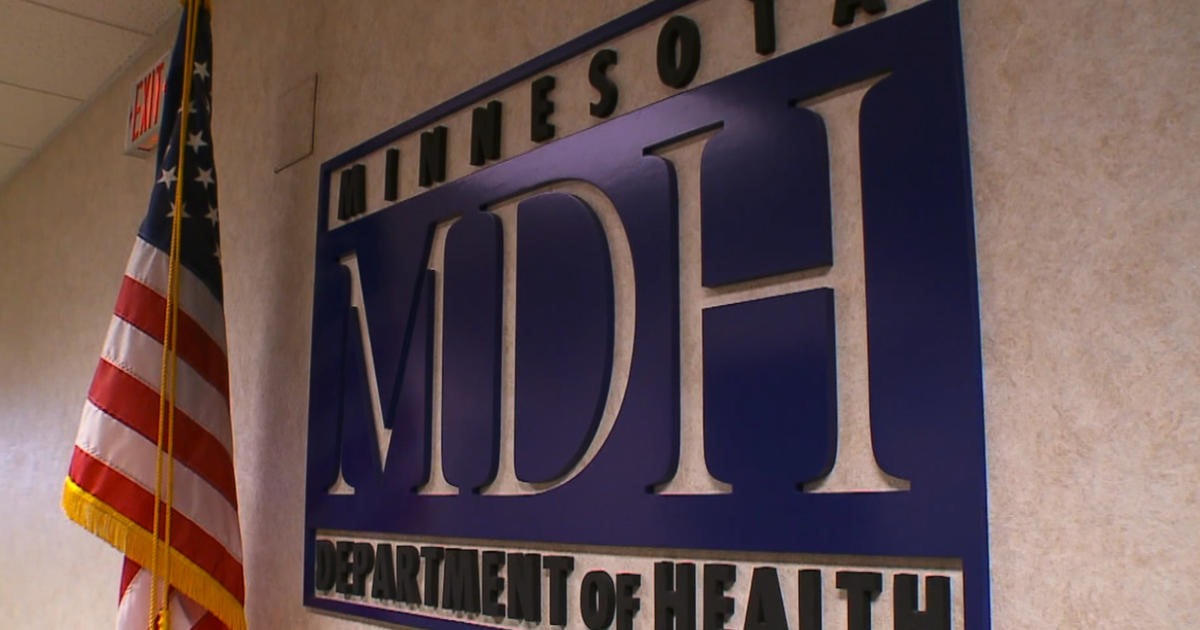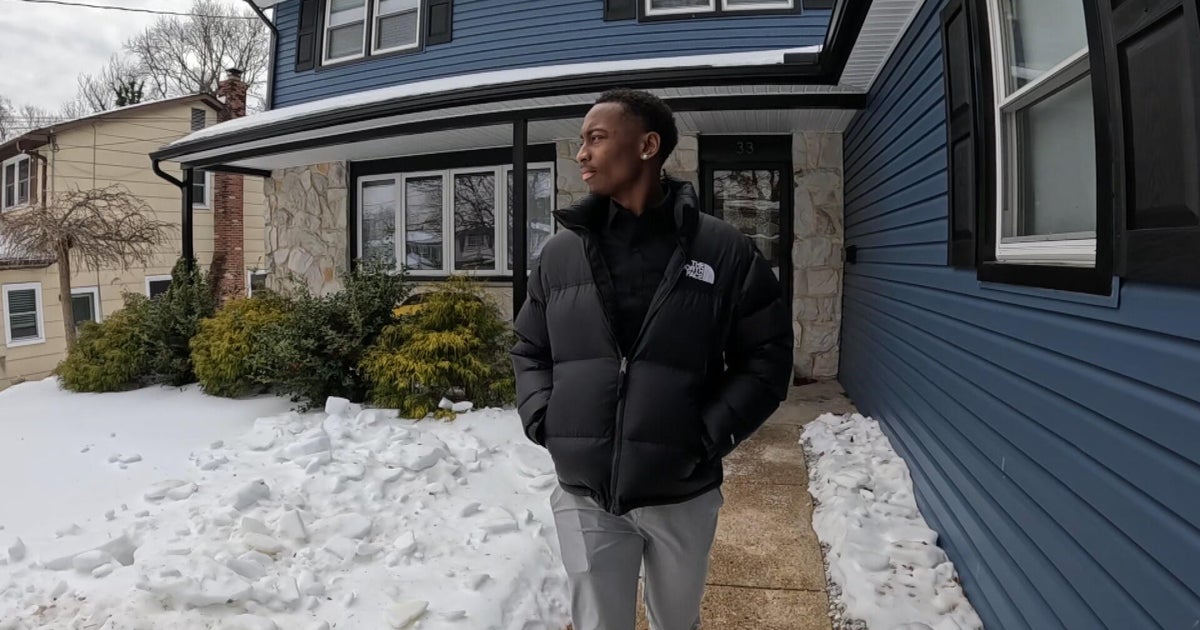Study Finds Maternal Link To Alzheimer's Risk
PITTSBURGH (KDKA) -- A family history of Alzheimer's disease isn't a guarantee you'll get it, but it can increase your risk.
"They're very concerned about their risk based on having a family history," says Carol Schramke, PhD, a neuropsychologist at Allegheny General Hospital, about her patients who come seeking testing. "That typically is very anxiety provoking and people want reassurance that what they're experiencing is normal aging and not a sign that they're developing Alzheimer's disease or dementia."
KDKA's Dr. Maria Simbra reports that now it seems the risk for brain scan changes that can be seen with the illness may be different depending on who in the family has it.
"Now they're looking specifically, 'Do brain changes correlate with that?' 'Are they going along with that?' and they are seeing there are changes in the brain that are more pronounced in people who have a maternal history rather than a paternal history," Dr. Schramke explains.
In an NIH-funded study in the journal Neurology, 53 people were followed over two years with MRI scans and thinking tests. Some had a mother with Alzheimer's disease, some a father and some had no family history.
Researchers found twice as much shrinkage in certain brain regions for those whose mothers had the condition, compared to those with no family history or whose fathers had it.
This hints at possible reasons the brain breaks down – specific DNA passed from mother to child, for instance.
But imaging findings only correlate roughly with disease, so brain shrinkage doesn't necessarily mean Alzheimer's will happen to you.
"It increases your risk, but it's not diagnostic. Even though having a mother with Alzheimer's disease increases the risk, there were people who had a mother with Alzheimer's disease or dementia who didn't show these changes. It's all probabilities at this point," Dr. Schramke continues.
When it comes to Alzheimer's, brain scans can't make a diagnosis. The information simply adds to what the doctor can see on exam and what the family describes. The hope is, from studies like these, there's a greater understanding of early brain changes – an understanding that could lead to better treatments.
RELATED LINKS
National Institutes of Health
American Neurological Association







